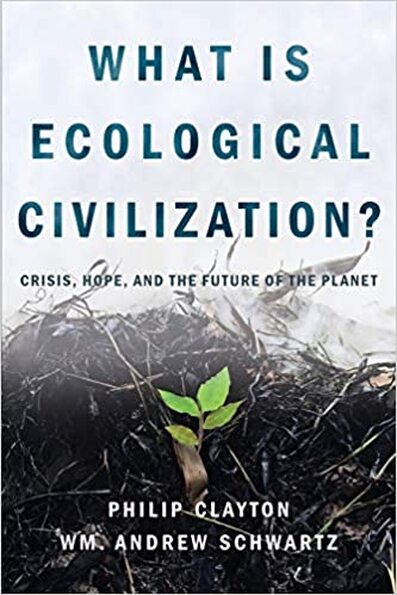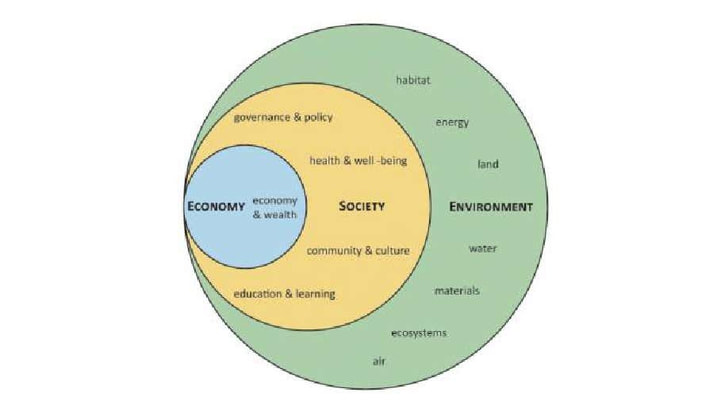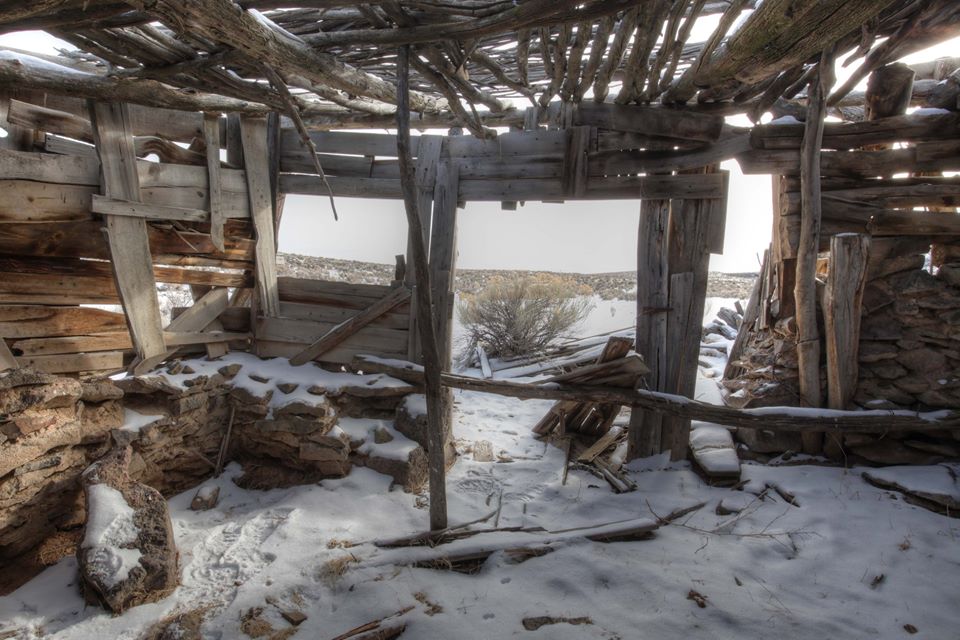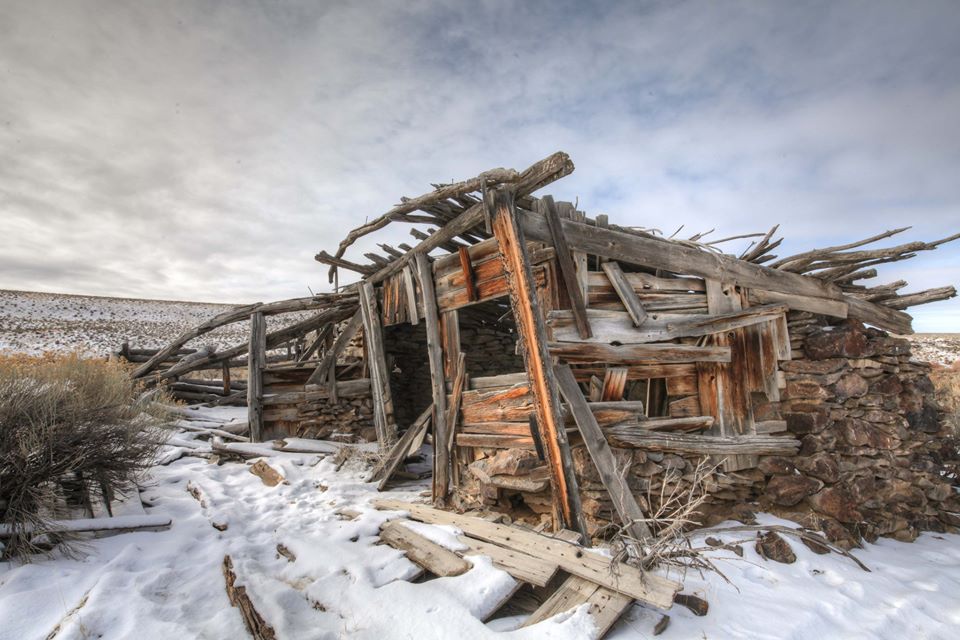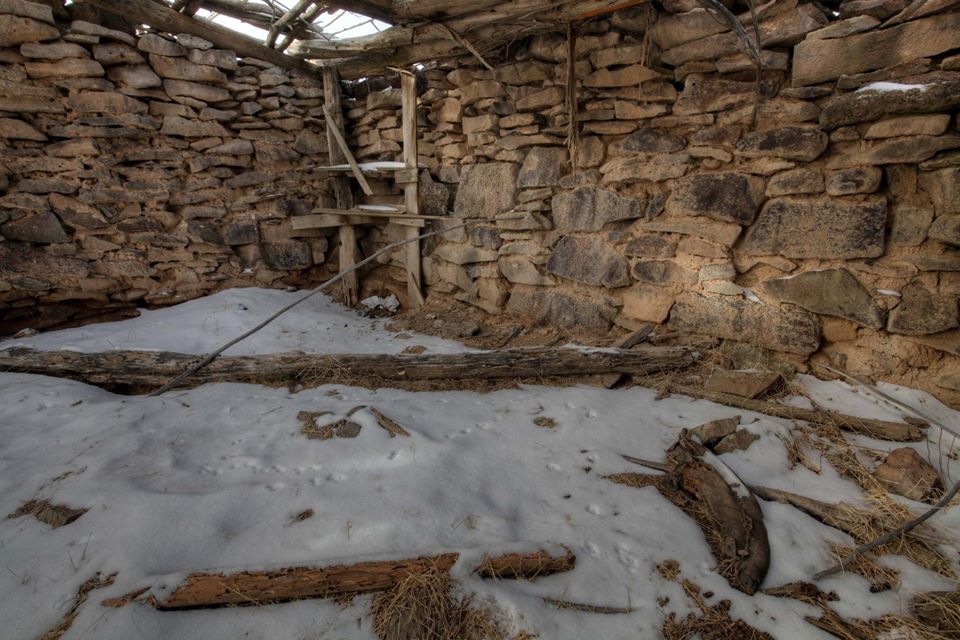It's Not Just a Speed Bump
Philip Clayton's Four Questions
as we anticipate a post-pandemic world
The pandemic is not just a speed bump, momentarily disrupting our habitual ways of living in the world and organizing life. It's a crisis and an opportunity - so we learn from Philip Clayton's PPT shared below and the work of the Institute for Ecological Civilization, of which he is president.
Indeed, the pandemic and its emerging aftermath are a twofold revelation of sorts: (1) a revelation of the failures of our prevailing economic, social, and cultural systems to meet the needs of people, other animals, and the earth; and, conversely, (2) a revelation of the best and only hope, which is that we build local communities that are creative, compassionate, participatory, diverse, humane to animals, and good for the earth, with no one left behind.
Philip Clayton and others speak of these communities as the building blocks of ecological civilizations. In such civilizations inhabitants live with respect and care for one another, other animals, and the earth, mindful that they are small but included in a larger web of life. The ‘economy’ is understood as a subset of the web of life, not the other way around.
Where to begin? If you, like me, want to play a role in helping bring about this kind of civilization, Philip Clayton invites us to ask ourselves four questions as individuals and local communities as we anticipate the aftermath of the pandemic:
Exploring these discussions is indeed something we can do, now.
-- Jay McDaniel
Indeed, the pandemic and its emerging aftermath are a twofold revelation of sorts: (1) a revelation of the failures of our prevailing economic, social, and cultural systems to meet the needs of people, other animals, and the earth; and, conversely, (2) a revelation of the best and only hope, which is that we build local communities that are creative, compassionate, participatory, diverse, humane to animals, and good for the earth, with no one left behind.
Philip Clayton and others speak of these communities as the building blocks of ecological civilizations. In such civilizations inhabitants live with respect and care for one another, other animals, and the earth, mindful that they are small but included in a larger web of life. The ‘economy’ is understood as a subset of the web of life, not the other way around.
Where to begin? If you, like me, want to play a role in helping bring about this kind of civilization, Philip Clayton invites us to ask ourselves four questions as individuals and local communities as we anticipate the aftermath of the pandemic:
- How will you think differently?
- How can you organize smaller-scale communities?
- How can you retain different lifestyles among friends and family?
- How can you expand these innovations to the community level?
Exploring these discussions is indeed something we can do, now.
-- Jay McDaniel
